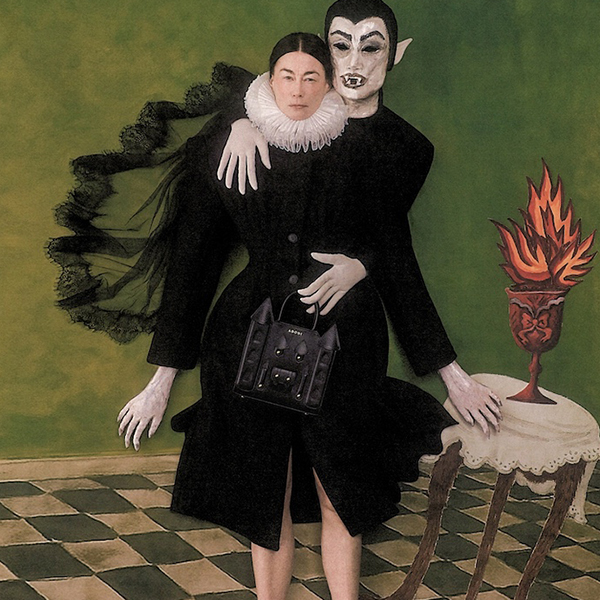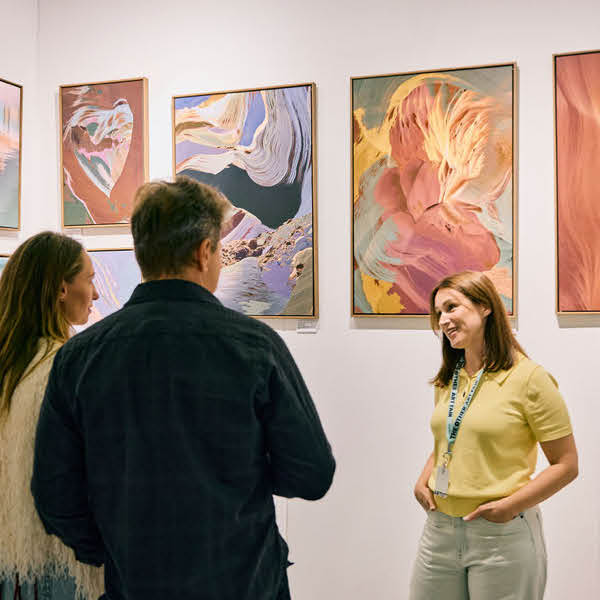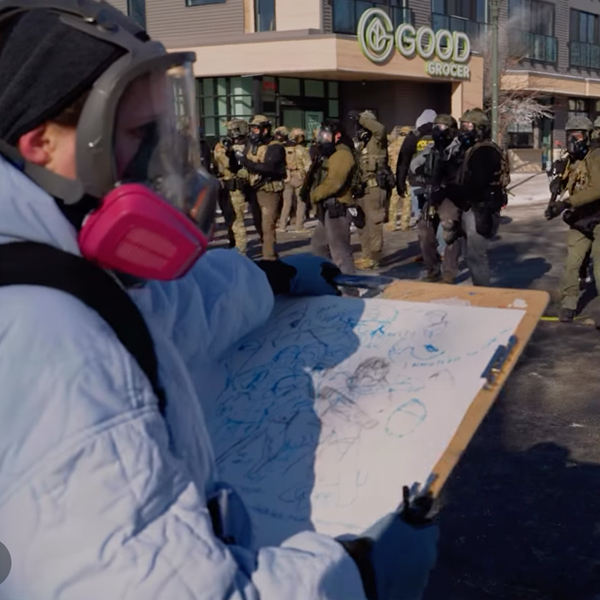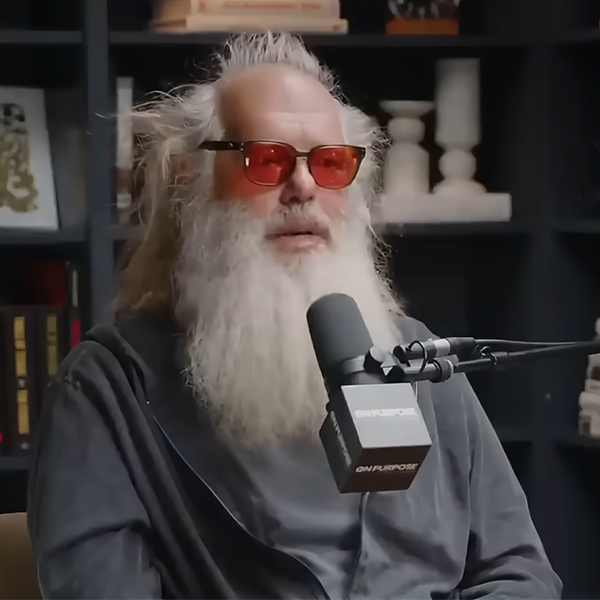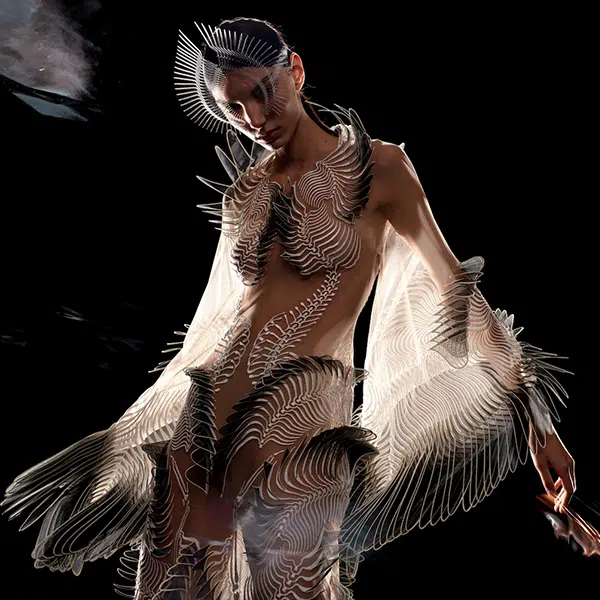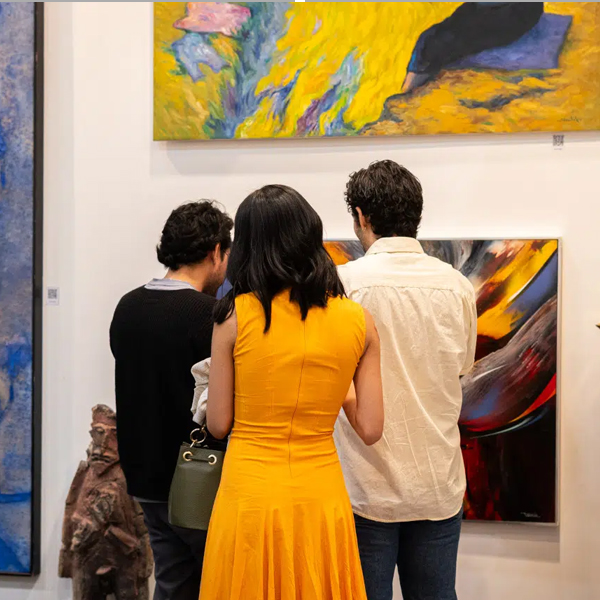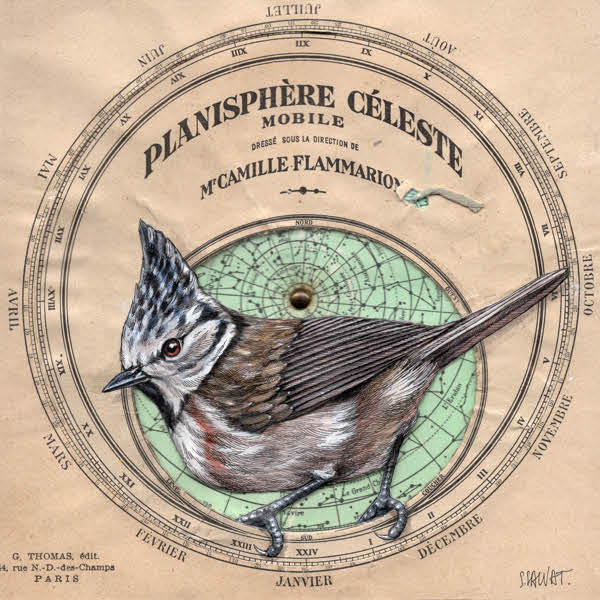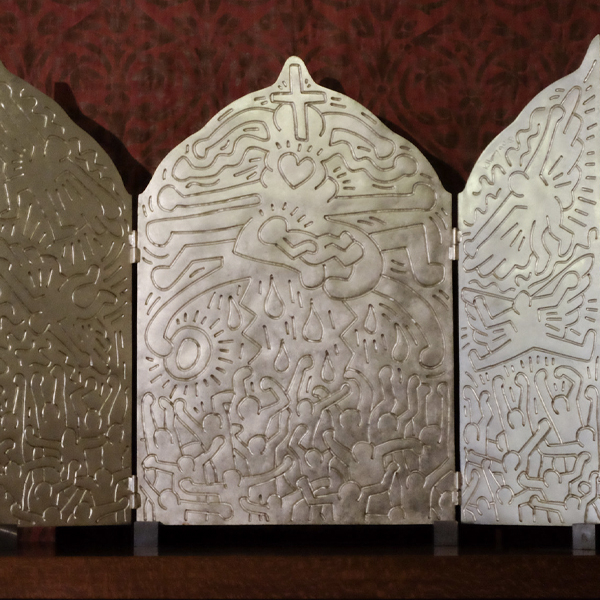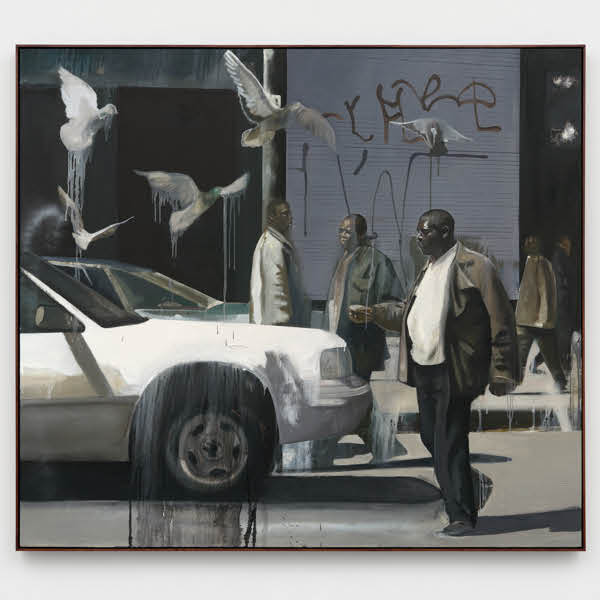A natural progression from traditional 2D animation, the origin of stop motion dates back to the late 1800s, when the technique was first used to create The Humpty Dumpty Circus by Albert E. Smith and J. Stuart Blackton. Using toys as props, the pioneering animators moved them frame-by-frame to make them come to life. However, the method took a further three decades to take off as an established art form. One of the most iconic stop motion films from the 1930s is Willis O’Brien’s King Kong, where the artist created realistic models of the movie’s terrifying, but-lovable, gorilla monster.
Since then, various stop motion styles have developed including claymation (or clay animation), in which clay models are created around a wire skeleton. Famous examples include Nick Park’s Wallace and Gromit series and Pingu, a Swiss-British children’s comedy television series created by Otmar Gutmann.
Artists such as Tim Burton popularized stop motion by using puppets in his whimsical The Nightmare Before Christmas and James and the Giant Peach films. Burton reveals, “There’s an energy with stop-motion that you can’t even describe. It’s got to do with giving things life.”
Most recently, filmmaker Wes Anderson has also reignited interest in stop motion animations with his full-length features, Fantastic Mr. Fox and Isle of Dogs. His distinct style shines through, one frame at a time.
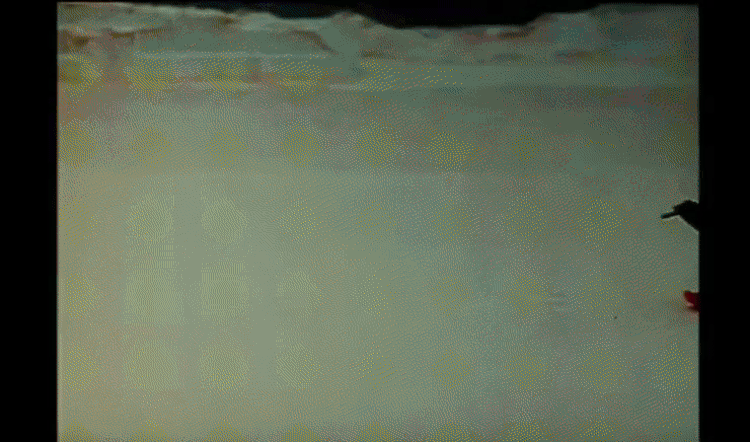
Today’s Talented Stop Motion Artists and Their Films
“Stems” by Ainslie Henderson
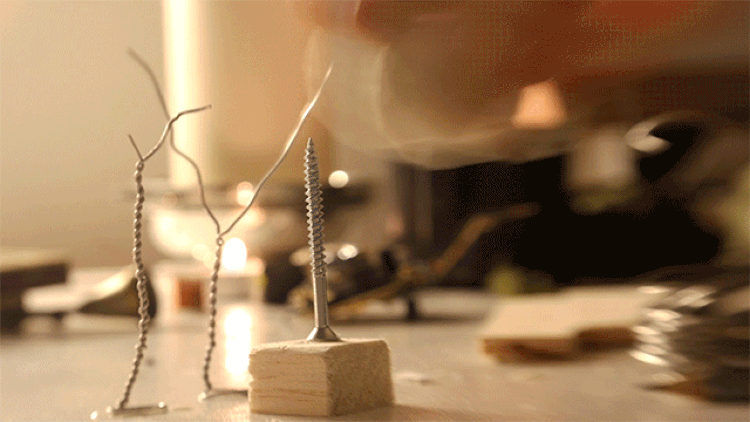
Scottish animator and director Ainslie Henderson creates miniature puppets from wire, natural material, and found objects. In a recent demo video titled Stems, Henderson’s mischievous characters come to life, breaking off from his narration to play tiny instruments made of scraps from the artist’s workroom.
“Puppet making often begins by just gathering stuff, like materials that I find attractive like wood, sticks, wire, leaves, flowers, petals, and bits of broken electronics,” says Henderson in the film. “Things that have already had a life are lovely to have as puppets. And then from there you just start improvising. It’s like making music, you just see where it leads you.” He continues, “Suddenly what was just ‘stuff’ becomes this character staring back at you.”
Check out Henderson’s Vimeo profile for more from his portfolio.
“Negative Space” by Max Porter and Ru Kuwahata
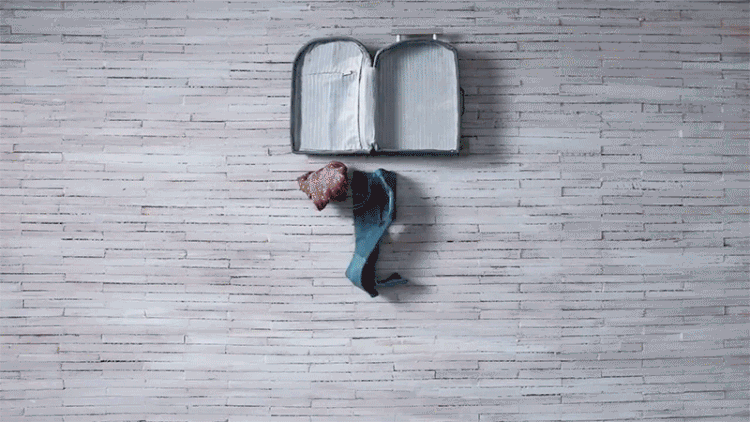
Baltimore-based animation duo Max Porter and Ru Kuwahata (aka Tiny Inventions) are the makers behind Negative Space, an adaptation of a poem by Ron Koertge. It tells the story of a boy who is learning the ritualized art of perfect packing from his father.
Over the course of three months, Porter and Kuwahata created the characters and their quaint “family home” set from cardboard. They then set about meticulously hand-making tiny socks, a belt, shirts, and pairs of jeans from real material in order to highlight the textures and feelings of folding each piece and putting it neatly into a suitcase. The resulting animation was recently nominated for an Academy Award for Best Animated Short Film.
“Dot” by Ed Patterson and Will Studd
Filmed on a Nokia cellphone’s 12-megapixel camera with and a mirco-photograpy attachment called the CellScope, Dot is the world’s tiniest stop motion animation. Directed by Ed Patterson and Will Studd, it follows a miniature, 9mm-tall girl as she tries to escape from a monstrous jumble of picnic blanket threads.
The tiny protagonist is seen battling through a range of tiny obstacles including coins, pencil sharpenings, and flowers before jumping onto the back of a bumble bee as it carries her through the textile mayhem. She then has no choice but the fight off the unruly beast with a pair of pins, “beating” it into a neatly knitted sleeping bag.
Patterson recalls, “It became a real test of working at such a small scale, and in having the patience to push on through 'til the end. The final film has come out better than we could have hoped for.”











































































